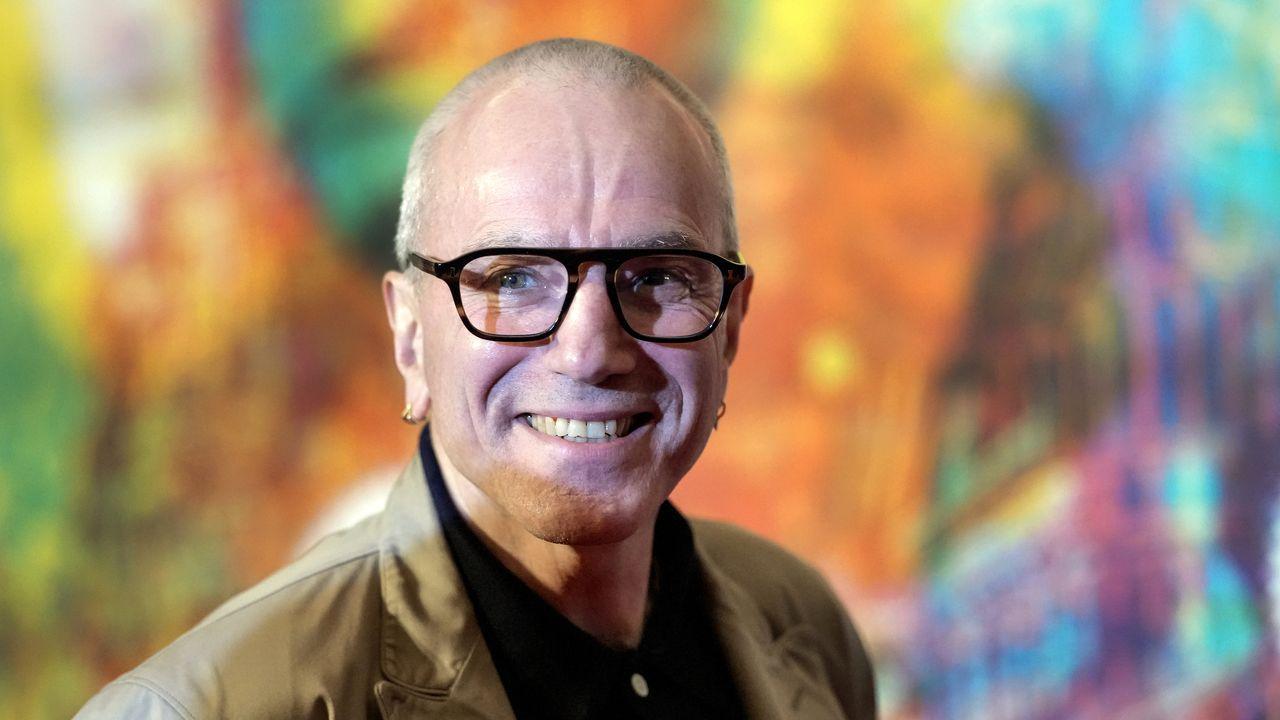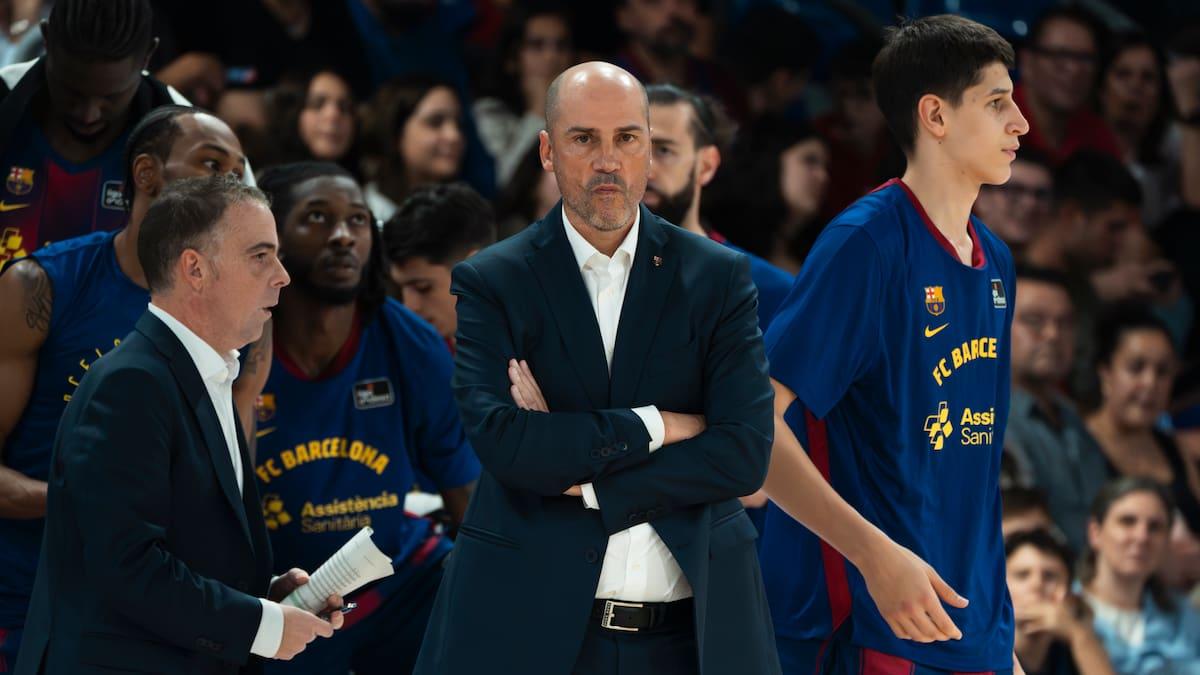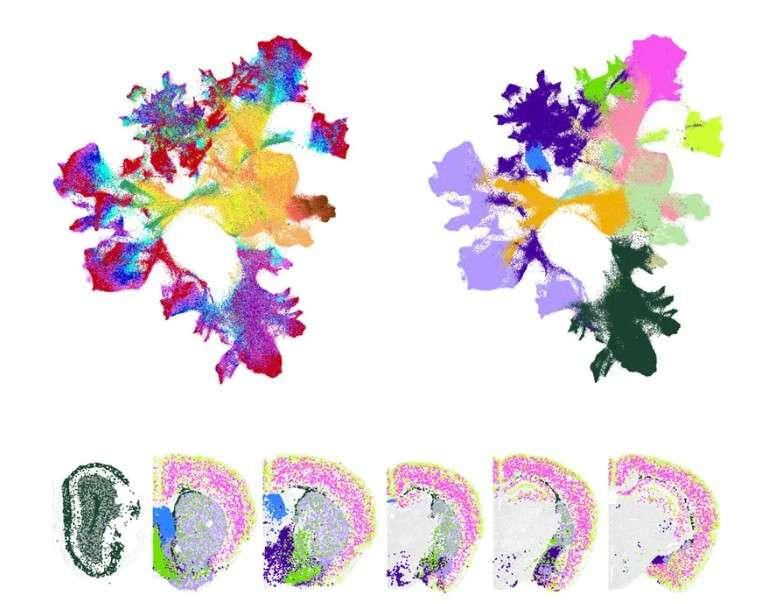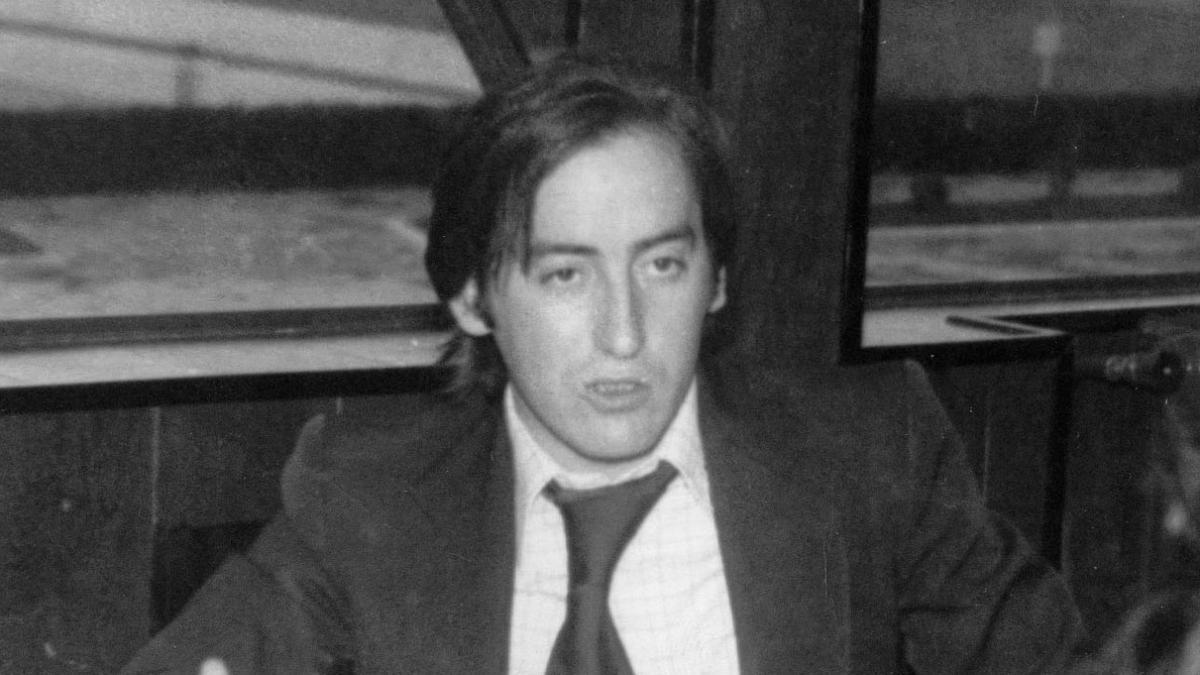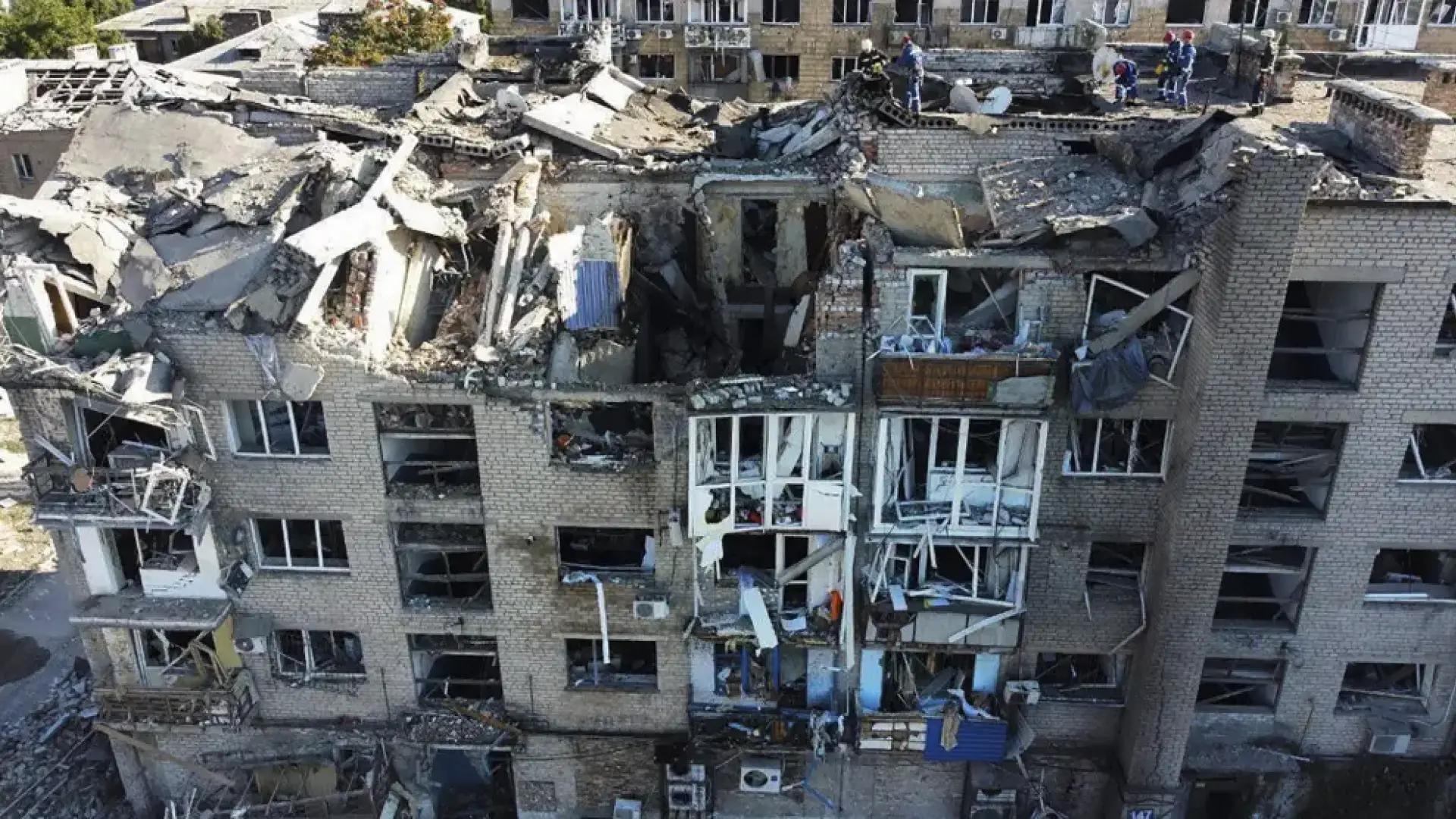After an eight-year hiatus, the three-time Oscar winner returned to the set of Anemone, directed by his son Ronan.A story of war and legacy, but more than of parents and children: "Our relationship didn't need to be explored. It simply emerged, like everything authentic."
After eight years away from the big screen, Hollywood King Daniel Day Daniel was able to return the other day only for one reason. It is called Anemone. It is a story of war, family ties and sin. This will be the first film for his 27-year-old son Ronan. The film, which is projected in the independent Alison, the strength of the film section of Rome, 6 branches of Rome on February 6, but the connection between father and son is a natural relationship that was related to this, "says the director."Not for autobiographical reasons," says Day-Lewis SR.
The relationship between father and son becomes the central axis of the film, but how does this bond emerge in the script and story?
Ronan Day-Lewis: For the first time, the film focused on the relationship between the two brothers, and Brian was a minor character that we didn't really see.Then, because Brian and Nessa were real people, we started dedicating the first scene to them.It was important to develop his perspective and incorporate it into the plot of the film.Over time, the father-son bond naturally entered the story.But there was nothing distinctly autobiographical about it.No.What allowed me to connect with Brian was a sense of mystery, a sense of my parents' past: I felt so close, yet, obviously, our personal relationship was so different.We had a great relationship.
Daniel Day-Lewis: There was no conscious desire to explore our own father-son relationship.As Ronan said, we focused on two brothers, but as the story began to develop, exploring the experience of Brian and Ray and Jem, growing up in a strict and religiously brutal family, we began to embrace the idea of generations.
What is passed on from one generation to the next?
Daniel: It's a question we've often asked ourselves: what is transferred?Positive things or not so positive?My personal experience is in some ways more similar to Brian's experience.Although my father was present, he died when I was fourteen, almost fifteen, and he was somewhat absent in his own way, absorbed in his egocentricity at work.B There was another generation that did not have much contact with their children.The only conversations I really remember are the ones where I got into trouble, which was often.So, perhaps without realizing it, I understand very well the way Brian talks about his absent father.
The film deals with the theme of war and crime.To what extent do you need to focus on this area?
Ronan: We started writing the script in the past, so the things that are happening now are not in our imagination.It is important to me that although this film follows a British soldier, he should not believe in the negative thoughts of the oppressors.I want war to be seen as a complement to nature and our nature.Wind, metal and trees are witnesses of violence.
Daniel: I grew up as a post-war child in London.As children we played with bullets, looking for shell casings or old gas masks.Exciting, in a romantic way, is our connection to World War II through our parents who fought in Italy or elsewhere.As a child, I was fascinated by that story: a small island nation against tyranny.The themes seem clear, almost clean.There is a reason to fight.But as I grew up and got to know Ireland better – the six counties of Northern Ireland, my friends in Belfast – I discovered the complexity of the conflict.I have friends who served in the British armed forces and others who are Irish nationalists.They are all working-class kids, each with their own beliefs or simple jobs.Some are capable of committing crimes, others feel compassion.
Did you work on each other?
Ronan: So many things, it's hard to express anything.Seeing my dad was Ray's role and how he brought that character so physically, almost taking us into strange territory, which taught me much as a writer and director.I was also touched by his generosity.I knew his commitment would be there, but on the set I never felt we had to lead him around.
Daniel: From day one we played with the idea that someone has to do it.I have no doubt that I will be no doubt that I will be a prominent image.
You belong to two different generations.Do you have a different opinion on topics like religion, violence or war?
Daniel: Even though we disagree, we have different opinions.Simply, these are different opinions.
Ronan: What is my focus of the moon, and I'm afraid to protect my mind, and the range of heat in garages in garages in Gaza and we were inhalers.much like the relationship and the military.
Daniel: I don't consider myself a pacifist, but I don't consider myself someone who complains either.When I was young, I had warrior friends and the character of Jem was inspired by my dear friend who used the entire British army.There is no group, but I let you accept those who manage to resist the power of a community that drags you into conflict.It takes a lot of character to stay out of it.
How does it feel to know that so many actors around the world look up to Daniel Day as their role model?
Daniel: Sinceramente, no soy consciente. No lo digo por modestia. Hay actores a los que he admirado enormemente, incluso de generaciones anteriores, algunos de ellos fallecidos antes de que yo naciera. Ahora siento lo mismo cuando descubro una gran interpretación. Siempre me pregunto: “¿Cómo demonios lo ha conseguido?” Es la misma admiración que siento por los jóvenes actores de hoy en día: Paul Mescal, Jessie Buckley, Barry Keoghan... Es una generación extraordinaria que está haciendo un trabajo increíble. Lo que hacen me inspira y me emociona, como me emocionaban los grandes de antaño.
How do you get out of the darkness of a character like Ray?
Daniel: They want to know.Anyone who has seen Ray's life might say it was a terrible existence, but for me, analyzing a person's life, every life is an event.It’s a way of understanding, of empathy.I'm always surprised when at the end of the day someone says "this is the last shot": the imagination hasn't gone away.You carry that event with you, it's not a burden.This is a sign that will last for a while.
Who is Danielle Day-Lewis when she's not working?
Daniel: I may not be the right person to answer this question.But I know I think I'm living like a hermit, and that's what I'm like.He's a hermit, I'm not.I lead a normal and happy life with my family, friends and colleagues.I work on different projects at different times.in understanding.Where is the real life.
Article by Vanity Dight 'Italia', translated by Isabel Eskland's Escribano.Access here first.


